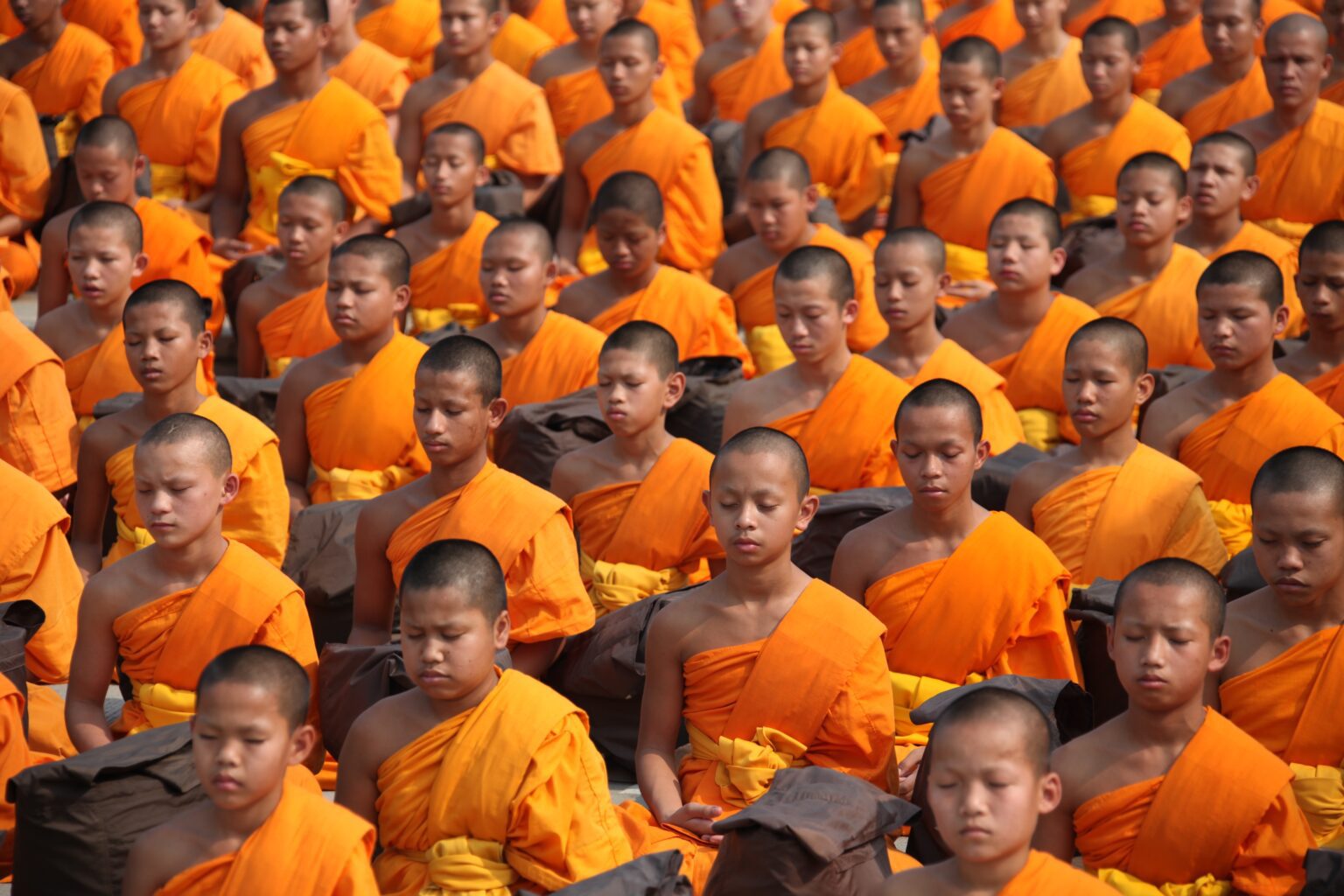What Is A Spiritual Person?

To be spiritual is to be happy—Spirituality is the science of happiness.
– Sri Bhagavan
What Does It Mean To Be Spiritual?
This is a question I’ve thought a lot about over the years—and perhaps some of you have your own views about what being spiritual means for you.
When I started my inner journey in 2007, I had no definition for what being spiritual meant and I therefore didn’t think of myself as a spiritual person either.
All I knew was I was seeking something—I yearned for greater happiness, patience, inner peace and calm and a deeper connection with myself.
The further I got into my inner journey, the more I began to think of myself as “a spiritual person” and it was this belief that began to create my struggles.
When I say struggle, I’m not referring to physical difficulties or life challenges or anything like that.
The problems I’m talking about, centred around how I perceived myself, once I labelled myself “spiritual”
Labels Can Limit Our Potential
Before I labelled myself as spiritual, I felt no limitations. I could be exactly who I was and live the way I wanted to without any self- judgment, but this changed the moment I began to label myself.
I think the point I’m trying to make is; the labels we give ourselves, even when we think they’re positive, can be the very markers that limit our potential, because these labels have the ability to powerfully alter the way we engage with and experience the world.
Labelling myself “spiritual” had the effect of immediately imprisoning me in a box, constraining me through the limiting beliefs I held about what a spiritual person should look, act and be like.
My unsophisticated mind believed spiritual people were grounded, calm and collected all the time and in all situations. They meditated, spoke softly or in hushed tones. They were serious, didn’t drink alcohol; eat meat, shout, have any fun and they certainly didn’t swear or use foul language.
These naive views led to an internal struggle, because I was not any of these things. How could I be a spiritual person and like dancing, drinking, eating meat and swearing?
Today, I see that these beliefs were not only ridiculously limiting, but they also prevented me from living to the fullness of my potential.
Perception Is Not Truth
Two years ago, I attended a two-day lecture on Buddhism, presented by a Buddhist monk and it’s this monk that I have to thank for shattering and helping to me re-evaluate how I perceive and relate to the people I label “spiritual”
The monk certainly looked the part, with the customary shaved head and wearing the wine-red robes usually associated with Buddhist monks.
But this monk was different; she was perhaps the furthest away from a Buddhist monk I could have imagined—at least according to my previously held perceptions.
She was loud, brash, self-assured and sharper than a razor. Snapping like a rottweiler, she shouted, swore, denigrated her audience and was more than a little scary.
A far cry from the serene, softly spoken image of a monk I entertained in my head. She literally smashed then trampled all my existing ideas about what a monk should be like.
This encounter helped me realise that perceptions are not truth; they are simply thoughts, beliefs and judgements, which through willingness and awareness, can be changed.
The key to this awareness, is to help you see how your perceptions rightly or wrongly shape the way you view the world.
We Are All On Our Journey
What this experience taught me is; whether a person looks or dresses a certain way, wears a uniform or has a title, has no significance on who they are as a human being.
Their title doesn’t license them to behave any better than the rest of us. It doesn’t mean they’ve discovered the secrets of life.
I’m thinking priests, politicians, royals, celebrities, presidents, prime ministers, the rich and all the men in suits, for example.
We believe the bearers of impressive titles are automatically elevated to status’ higher than the rest of us, on account of the title they boast, don’t we?
But this is far from the case, isn’t it?
What I’ve come to understand is that people are just people, regardless of the label or title they may have. They are human just like the rest of us and a such; have the same flawed human qualities, issues and insecurities the rest of us have.
A title doesn’t make the person.
Presidents are no different to you or me—they’re also on their life journeys and will consequently have the same struggles, make their mistakes, learn and grow just like the rest of us.
So why isn’t it acceptable for a monk to swear and shout?
To Be Spiritual Is To Be Happy
When I held my limited views, I was too afraid to allow myself to live and enjoy life to the full, because of the things I believed I couldn’t be or do as a spiritual person.
Being a harsh judge of myself, made me fearful of others’ negative judgments, which took away my freedom and joy.
Yet, like Sri Bhagavan says; to be spiritual is to be happy. So, a spiritual person is none of the things I previously believed.
You’re a spiritual person when you are happy.
So, it doesn’t matter what you do, if whatever you’re doing is carried out in a framework of joy, harmony, without hurting others or yourself, then it can be called spiritual.
So rather than getting stuck on labels and what they might mean, your energies would be better spent in the pursuit of your own happiness, because happiness within is the ultimate freedom that allows you to be yourself and to live your life without limitations.
Today, I can say I’ve attained many of the qualities I sought when I started my journey. Although I still have a long way to go.
However I do now feel free to drink on occasion, to swear when I’m angry and I’m ok with that…I can laugh and joke and be serious when needed and that makes me happy.


